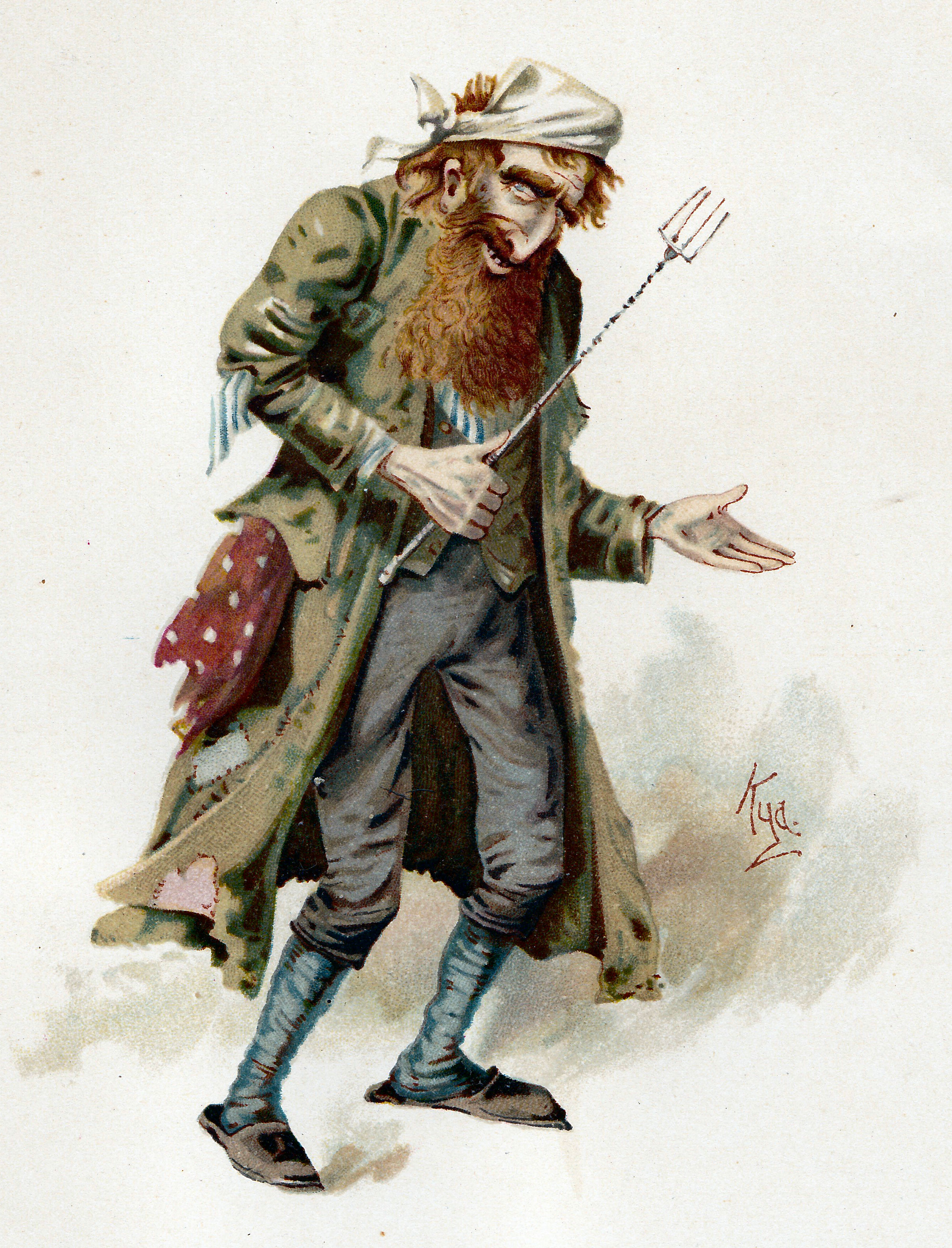 |
| Fagin of the Dickens era |
Fagin might be a fictional character, but he's come to life in Chicago.
Fagin earned a living by sending his army of boys out into the better areas, the places where Londoners had money, and the gang dutifully committed their robberies and brought the goods back to Fagin. In return, they gained a roof over their heads and food in their bellies, and isn't that what survival is all about?
A group of six boys is thought to be responsible for a string of strong-arm robberies that took place in Chicago on Monday. The teens worked in unison to get their intended victim into a headlock, hold a knife to the victim's throat, and demand cell phones and credit cards. They went off on their spree during after school hours, and even went so far as to target a thirteen-year-old who was watching a track meet.
They worked an area of the city that is home to the more well-to-do of Chicago, the upper middle class who can afford to buy restored Victorian rowhouses. This being Chicago, those denizens of the comfortable enclaves aren't carrying weapons, either, making them that much more vulnerable. The attacks were quick, get in and get out, and once the criminals had the goods they jumped into a nearby car where the modern day Fagin was waiting.
Pretty brazen, but not unlike Fagin's crew doing their dirty work in crowded places. Of course, Fagin's boys were more about the quiet crime, the stealth of a wallet from a pocket without the victim any the wiser.
Part of their strategy is the sudden attack, leaving the victim too shocked and frightened to really get a good look at the perpetrators. It's no easy thing to tell the police what the boys looked like after that kind of assault, and about all that is known is that the thieves are teen-aged and their getaway driver is a man in his early twenties.
Probably not Jewish, like Dickens' Fagin, but of more modern stereotype. The police are looking for a black man.
And six boys who were taught how to pull off robberies and take small things that can be fenced at the less ethical cell phones stores that dot the poor neighborhoods of Chicago. As for the credit card thefts, they might be able to fill up the getaway car with gas, assuming they figured out that the zip code needed to unlock the gas pump was most likely the zip code for the area from which they stole the card. Even someone stunned by a crime would think to call the credit card company and cancel their account immediately, rendering the card useless for any kind of major purchase.
Like Fagin's crew, the riches are paltry and stealing five or six cell phones isn't going to put a lot of money in anyone's pockets.
But it's a start.
What's next? Six boys running into high-end shops, grabbing what expensive merchandise they can carry, and then making a dash for Fagin's little Nissan car?
Maybe. If today's Fagin is creative enough. Otherwise, his army of thieves might get a little restless with the paltry rewards after a hard day's toil. The business model may need some tweaking. Like adding in a little breaking and entering, swiping of expensive silver or jewelry. So many possibilities for a clever mastermind.






